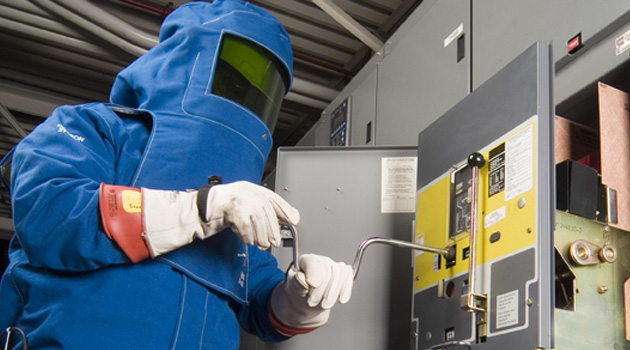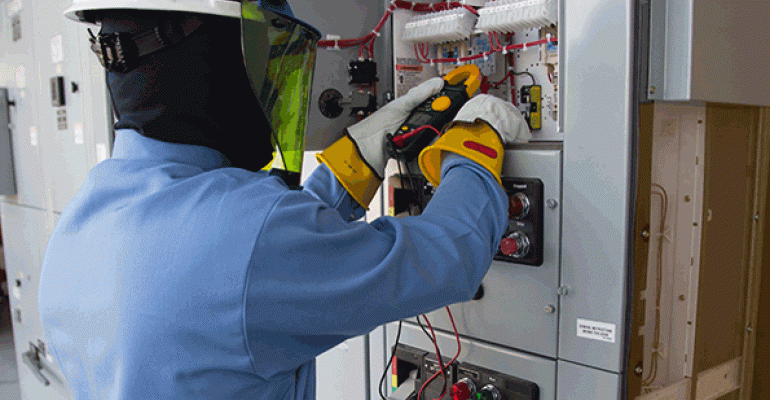Whether you are new to the job or you have been working around electricity for many years, it is always a prudent idea to acquaint yourself with the perils of working around high voltage. Keep in mind that the more you know, the less danger you will be especially that electrical currents can cause injuries.
Introduction to electrical injuries
You have to know that electrical devices normally produce a minimal amount of leakage current. With this, the insulation of the product can break down resulting in severe leakage. The leakage can cause injuries to the person who comes into contact. There are four types of injuries: electrocution, electric shock, burns, and falls.
Electrocution happens when the current moves through the body; if the current will pass through a vital organ, it is fatal. The electric shock, on the other hand, can cause damage to the nervous system; if a person comes into contact with electric current, they can become fused. In the case of electrical burns, they are hard to treat because they can result in permanent scarring. Finally, falls occur when a person comes in contact with high voltage current. The current can result to loss of muscle control or consciousness, which can inevitably lead to falling.
How to detect leakage current
There’s hv equipment called hipot test, which can help by verifying if insulation of a specific product is enough to protect the person from electric injuries. Hipot test is also called Dielectric Withstanding Voltage. Basically, the hipot tester monitors the leakage current. Aside from checking the leakage,

How to stay safe before work
Before starting, you need to meticulously inspect the tools that you will use. Remember the golden rule: always use insulated tools while working. Additionally, you need to routinely inspect the safety equipment from the hard hat, vest, safety shoes and other PPE.
After that, you should do is to look around the workplace and determine the hazards. Remember to avoid any bodies of water when working with electricity. More importantly, do not touch or repair any equipment with wet hands. Water will increase the conductivity of the electric current. More importantly, check if the power has been shut off.
How to stay safe during work
Do not work alone. Having someone nearby is crucial so when something happens, help is immediate. Always be observant of electrical hazards or warning signs like “shock risk”. When it comes to energized equipment, do not try to repair it. If you need to repair, de-energized it first by using a tester. When you are working on any height, do not use aluminum or steel ladder. If you use these kinds of the ladder, the electrical surge will ground you and the current will move through your body. You should use wooden or fiberglass instead.
How to stay safe after work
Do not touch the equipment or tools of another person unless you are instructed to do so. Always remember to enclose all the conductors or electric contacts so that no one can accidentally touch them.



